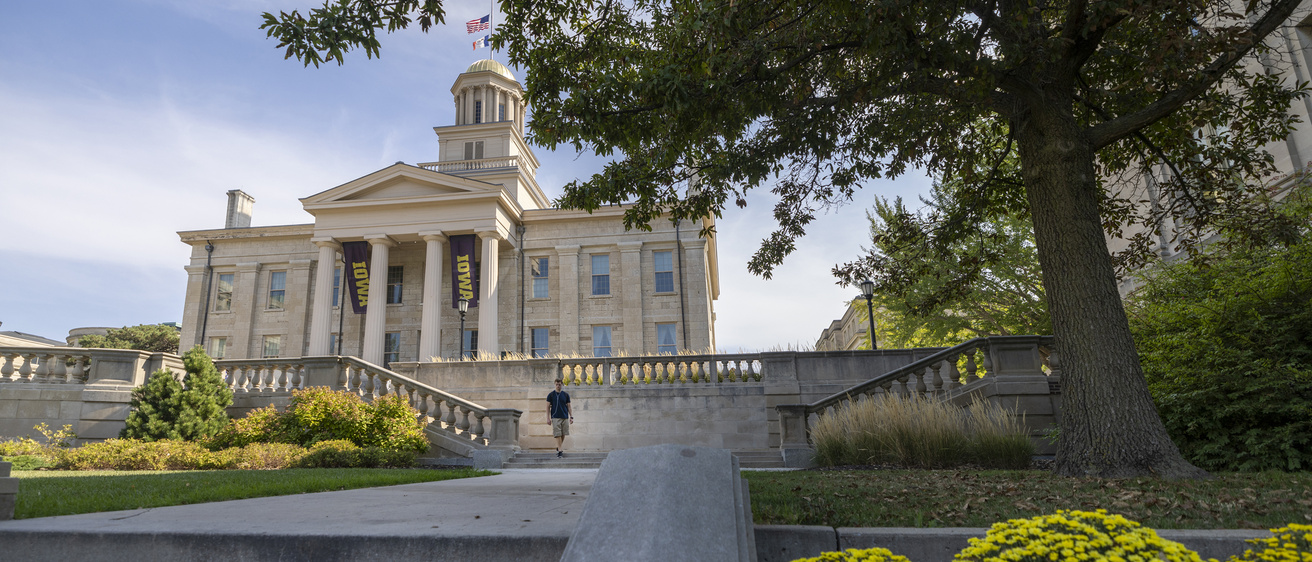Main navigation
Building global citizens through language excellence
The Department of Spanish and Portuguese at the University of Iowa has built a distinguished reputation as a research-oriented unit that uniquely combines rigorous academic scholarship with creative innovation. We are particularly proud of our internationally renowned Spanish creative writing program, which sets us apart from peer institutions and attracts acclaimed writers and scholars from around the world.
Our graduates consistently achieve remarkable success across diverse fields, from health care and education to law and international business. Many earn prestigious Fulbright scholarships to study in Spanish- and Portuguese-speaking countries, while others secure positions at top universities and publish their creative works with major publishers.
Our faculty members are internationally recognized scholars and award-winning teachers who bring cutting-edge research and creative practice directly into the classroom. From medieval Iberian specialists to sociolinguistics experts, our professors offer students access to diverse perspectives spanning formal syntax and language acquisition to colonial Latin American literature and contemporary cultural production.
Why Iowa?
Join a supportive academic community where renowned faculty invest personally in your success.
Students choose Iowa because we offer an unparalleled combination of close-knit learning environments and world-class expertise. Our small class sizes create a strong sense of belonging while ensuring personalized attention from faculty who are genuinely invested in each student's success. Whether you're pursuing our renowned creative writing track, conducting research in Hispanic linguistics, or exploring the rich cultural traditions of the Spanish- and Portuguese-speaking world, you'll find a supportive community that challenges you to excel while preparing you for leadership in your chosen field.
Our flexible programs easily complement other majors, making Iowa an ideal place to develop the bilingual skills and cross-cultural competencies that today's employers increasingly value. Discover how our undergraduate and graduate programs can transform your academic journey and career prospects through the detailed information available on our program-specific pages.
The Iowa experience
Our internationally recognized faculty combine cutting-edge research with award-winning teaching, offering students direct access to leading scholars in creative writing, linguistics, and cultural studies who serve as dedicated mentors throughout their academic journey.
Mission and vision
Our mission centers on preparing multilingual global citizens through engaged liberal arts education, while our vision aspires to national leadership in advancing understanding of Hispanic and Lusophone cultures worldwide.
17
50 +
118
Fall 2024 data
